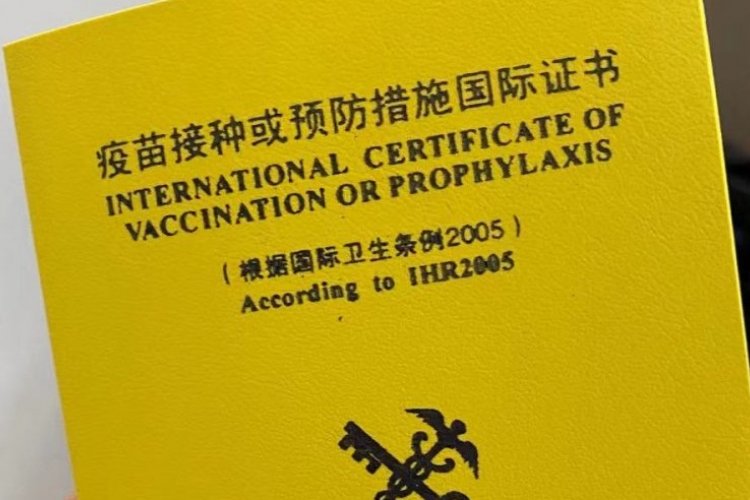Staying Power: A New Five-Year Visa May Be On Its Way
2013 is shaping up to be the year of visa reforms for foreigners in China – in addition to new measures for collecting biometric data (i.e. fingerprints) from foreigners and tightened-up enforcement, officials are also considering draft regulation for two new types of visas: the R1 and R2 visas.
According to the China Daily:
A R1 visa will come with residency rights, while a R2 visa will allow multiple entry and exits.
Liu Guofu, an immigration law specialist at the Beijing Institute of Technology, said R1 visa holders can apply for a residence permit for up to five years, while a R2 visa will allow professionals to stay in China for 180 days at a time.
The regulation will be implemented under the Exit and Entry Administration Law, which takes effect in July.
The details of who, exactly, would be able to obtain said "talent visas" are still unclear, but officials have stated that "candidates with management experience at leading multinationals, specialists in education and science-related fields, and renowned figures in culture and sport" are being considered as prime candidates.
Discussions are also underway to allow foreigners who have worked in China for 10 or more consecutive years to be eligible for "green cards," for which less than 5,000 foreigners have applied since its inception in 2004.
The Chinese green card is intended to allow foreigners to enjoy the "equal rights" of Chinese citizens, which includes access to local schools and social welfare and should serve as your official ID in China. This has more or less been the experience of my friend, a long-term Beijing resident from Italy who obtained his green card in 2011, but he reports having some problems early on with hotel clerks who were not clear on the concept of the green card. He says official recognition has improved more recently, and he now no longer needs a work permit or even to fill out an arrival card on the airplane whenever he flies back into China. It seems safe to presume that these new revisions to the green card policy will result in even wider official recognition and benefits.
But if you're a long-term resident and interested in getting your own green card, consider this before you go rushing out to apply: Another green-card holding friend of mine (also from Italy, coincidentally) says that since obtaining his card, Chinese tax authorities have been demanding that he pay taxes on his assets back in Italy – a policy akin to US tax law, which subjects the overseas assets of citizens and green-card holding permanent to tax as well.
He has yet to comply and it's unclear to what extent local officials intend to enforce this regulation, but it is a question to consider for anyone in a position to apply (not to mention a factor that makes the five-year "talent visa" all the more appealing).






